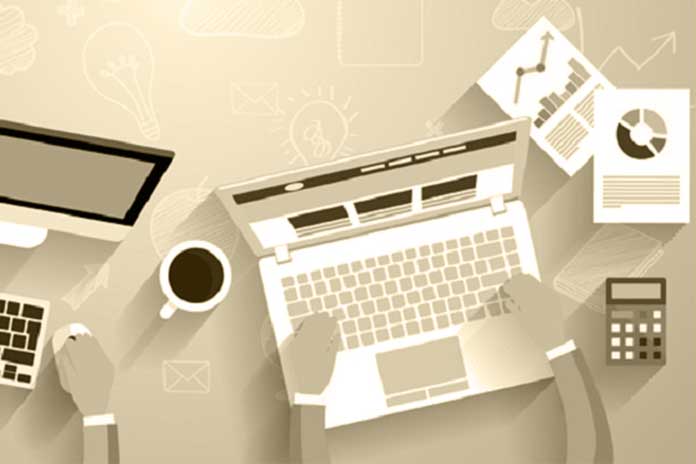Whether cash register and ordering systems, time recording, or e-payment solutions, gastronomic businesses increasingly want to use digital tools. Tech companies, therefore, see great potential in Digitization.
- New Opportunities For Gastronomy: why technical doubts will soon give way to progress.
- POS And Ordering Systems, time recording, and more: gastronomic businesses want to use more and more tools.
- Tech companies from all over the world want to support companies in Digitization.
According to a recent study by Rolex, only 26 percent of catering establishments use digital systems. Like in the Scandinavian countries, Digitization still seems a long way off in this country. However, more and more international tech companies are investing in their branches and are now seeing great potential. Will doubt soon give way to progress? POS systems and e-payment are already widespread. Now it’s time for the next step.
Table of Contents
Great Pent-Up Demand For Digital Systems
Only 26 percent of the catering establishments have been using digital systems for their personnel administration, according to the study by the Berlin startup collected from autumn 2021. A fact that says a lot about the progress of technologies in this country also shows their great potential. Because catering establishments will not be long in coming, it is not without reason that “digital innovations and digital infrastructure” come first in the new coalition agreement. Generations Y and Z are about to start their careers and do not believe in outdated systems. They require modern digital tools at their workplaces. This leads many technology providers to
Fewer And Fewer Catering Establishments With Analog Habits
The study by kollex shows that many catering establishments shy away from integrating technological applications into their everyday work. The effort involved in training and getting used to it would be too high. But the generation change will soon bring those who grew up in a world shaped by the internet and smartphones and see no reason for doubt. Numerous international companies that develop technologies for everyday work in the catering industry also rely on this.
“Technical change is already in full swing. It will gain even more momentum in the coming years, especially in gastronomy, which can still expand. Time and money can easily be saved here with new tools. Other countries, such as Denmark, have worked with it for a long time. This is how we at Planday now want to make this progress possible”.
Hospitality Businesses Often Use Tools In The Front Office
The pandemic has accelerated the pace of Digitization in the hospitality industry, but this has mainly been in guest contact so far. Electronic checkout systems, which are already used by 58 percent of businesses, online menus via QR code scan or e-payment solutions, have made everyday life for restaurateurs less analog. Introducing such tools was an important step to counteract the lack of staff and lower income due to closures or contact restrictions. According to a recent study by Lightspeed, around 80 percent of catering establishments considered introducing new technologies crucial for their company’s survival. However, only a quarter of these companies have so far opted for additional funds,
Stacks Of Paper And Excel: Slight Chaos In The Back Office
Excel and sticky notes still seem to be the more popular HR management tools. “It is a mystery to our colleagues in Denmark why we in the neighbouring country are still so attached to analog or outdated working methods. They show us how easy digital solutions can be and that it is possible to use them across generations,”. As the country with the highest degree of Digitization, Denmark shows that older generations can also be involved in technical change and thus serves as a model. Like many other tech companies, Planday, headquartered in Copenhagen, has been investing heavily in expanding its office since last year.
Catering Establishments Should Take Advantage Of The Opportunities Offered By Digitization
Gastronomy companies are ready for new tools. The first possibilities are already being used daily. Funding for Digitization and growing technical competence due to the pandemic and the offspring of younger generations are accelerating this change. Therefore, it is not surprising that more and more international companies invest in their offices with software or app offerings. A digitised gastronomy industry is consequently within reach and could soon make everyday work easier for busy restaurateurs if they decide to do so.
More humanity in shift work is the vision that the Danish company has been pursuing since it was founded in 2005. With its intuitive software, HR managers can keep track of their areas of responsibility and create shift plans with their employees in no time. Valuable features such as time-tracking, internal communication functions, and the link to existing tools enable managers to respond to the needs of their employees.


